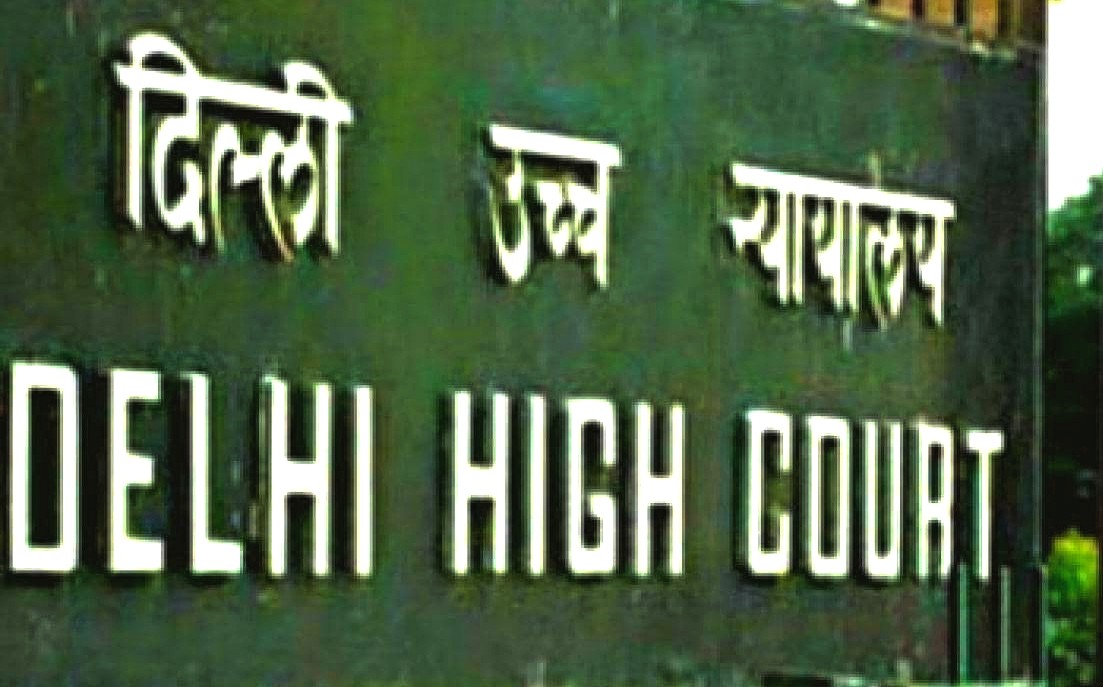Apex Court orders acquittal in robbery case where prosecution failed to prove disclosure made by accused to Investigating Officer leading to recovery of looted silver articles
Justices B.R. Gavai& Sandeep Mehta [19-04-2024]

Read Order: HANSRAJ v. STATE OF M.P [SC- CRIMINAL APPEAL NO(S). 2143 OF 2024]
LE Correspondent
New Delhi, April 23, 2024: In a case of robbery, the Supreme Court has observed that the Investigating Officerwho recorded the disclosure statement of the accused and effected the recovery did not prove the disclosure memo as required by law. The Top Court allowed the appeal of the convict thereby acquitting him.
The substratum of the prosecution story was that on December 12, 1998, while the complainant Bhagu Bai was proceeding to her field, a person came from behind, closed her eyes, assaulted her with a knife and snatched away her silver anklet, necklace and a bracelet. After committing the crime and injuring the complainant in the process, the assailant ran away from the spot. The complainant stated in the First Information Report (FIR) that she was not able to see or identify the assailant.
The appellant was arrested after 2 days on the basis of suspicion. It was alleged that upon being interrogated by the police, the accused appellant made a confession/disclosure statement which was recorded as Memorandum. It was further stated that acting on the said disclosure statement, the Investigating Officer(PW-12) recovered the silver articles allegedly looted by the accused after assaulting the complainant.
Charge sheet was filed against the accused appellant for the offences under Sections 394 read with Section 397 of the Indian Penal Code, 1860 and the case was committed to the Sessions Court for trial. The accused was charged and tried for the offences mentioned above.
The Trial Court sentenced the accused to undergo seven years rigorous imprisonment with a fine of Rs. 1,000 and, in default of payment of fine, to undergo further rigorous imprisonment of three months.The High Court, affirmed the conviction and sentence of the accused and rejected the appeal filed by the accused. Aggrieved thereby, the accused-appellant approached the Top Court.
The Division Bench of Justice B.R. Gavai and Justice Sandeep Mehta noted that the complainant during the course of sworn testimony tried to improve upon her case by identifying the accused in the Court, but such evidence of identification of the accused was not relied upon by the Trial Court and the High Court and the case was found proved only on the basis of recovery of ornaments.
It was further noticed that the Investigating Officer (PW-12) who recorded the disclosure statement of the accused and effected the recovery did not prove the disclosure memo as required by law.
The deposition of the Investigating Officer revealed that he did not narrate the exact words spoken by the accused at the time of making the disclosure statement. He also did not state that the accused led him to the place where the articles were hidden and rather stated that he took the accused to the Beed and recovered the silver ornaments.
Reliance was also placed upon Nandlal Bharti v. State of Uttar Pradeshwhich postulates that for proving a disclosure memo recorded under Section 27 of the Indian Evidence Act, 1872 at the instance of the accused, the Investigating Officer would be required to state about the contents of the disclosure memo and in absence thereof, the disclosure memo and the discovery of facts made in pursuance thereto would not be considered as admissible for want of proper proof.
“As a consequence of the above discussion, we have no hesitation in holding that the prosecution miserably failed to prove the factum of disclosure made by the accused to the Investigating Officer (PW-12) leading to the recovery of the silver articles allegedly looted by the accused from the complainant”, the Bench opined.
It was also noted that the prosecution did not lead any evidence to show that the recovered articles were sealed at the time of recovery or that they were kept secure in the malkhana of the Police Station till the same were subjected to identification before the Executive Magistrate. In addition thereto, the Executive Magistrate was not examined in evidence.
The Bench further opined, “The complainant Bhagu Bai (PW-3) made a categorical admission in her cross examination that she could recognize the silver articles in the test identification proceedings upon being pointed out by the police officials. Thus, the recovery of the ornaments at the instance of the accused and the identification thereof has no sanctity in the eyes of law and cannot be relied upon. No other evidence was led by the prosecution to connect the accused appellant with the crime.”
In view of such legal and factual aspects, the Bench allowed the appeal and acquitted the convict of the charges.
Sign up for our weekly newsletter to stay up to date on our product, events featured blog, special offer and all of the exciting things that take place here at Legitquest.




Add a Comment